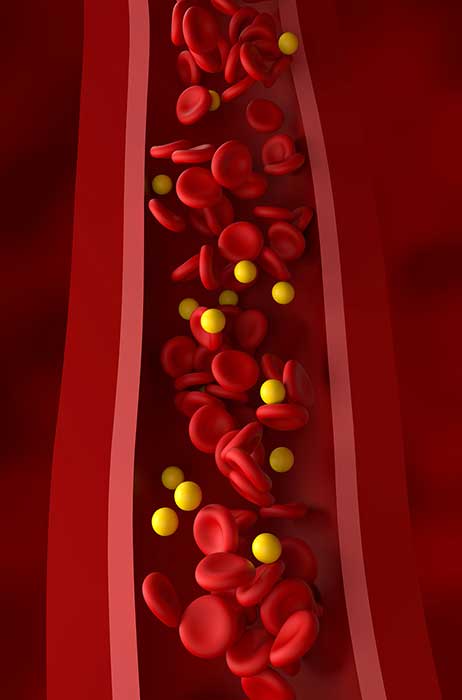Cholesterol & Triglycerides
Endocrine Services
Understanding Cholesterol & Triglycerides
When we talk about your cholesterol and triglyceride levels, we’re really talking about the fats (or lipids) in your blood. These fats are essential for your body to function, but too much of them—especially the wrong types—can increase your risk of heart disease, stroke, and other problems.
What is Cholesterol?
Cholesterol is a waxy, fat-like substance your body needs to build cells, produce hormones, and help with digestion. Your liver makes most of it, but you also get some from the foods you eat.
There are different types of cholesterol:
- LDL (Low-Density Lipoprotein) – often called “bad” cholesterol
- Too much LDL can lead to plaque buildup in your arteries, increasing your risk of heart attack and stroke.
- HDL (High-Density Lipoprotein) – often called “good” cholesterol
- HDL helps remove LDL from your bloodstream, offering some protection against heart disease.
- Total cholesterol is a combination of all your cholesterol numbers.
What Are Triglycerides?
Triglycerides are another type of fat found in your blood. After you eat, your body turns excess calories into triglycerides and stores them in fat cells to use for energy later.
High triglyceride levels can also increase your risk of heart disease—especially when combined with high LDL or low HDL cholesterol.
What Causes High Cholesterol or Triglycerides?
Several things can affect your levels, including:
- Diet high in saturated fats, trans fats, or sugar
- Lack of physical activity
- Being overweight or obese
- Smoking
- Excess alcohol intake
- Certain medical conditions like diabetes or hypothyroidism
- Genetics (family history)
Why It Matters
High cholesterol and triglycerides don’t usually cause symptoms, which is why we check them with blood tests. If they’re too high, over time, they can narrow or block your arteries, leading to heart disease, heart attacks, or strokes.
How We Treat It
Treatment depends on your overall health, risk factors, and test results. It can include:
- Lifestyle changes – like improving your diet, exercising, and quitting smoking
- Managing other conditions – like diabetes or thyroid issues
- Medications, if needed – such as statins or other cholesterol-lowering drugs
Our Goal
At our practice, we work with you to balance your cholesterol and triglyceride levels so we can protect your heart, blood vessels, and overall health. We’re here to help you understand your numbers and create a personalized plan that fits your life.

